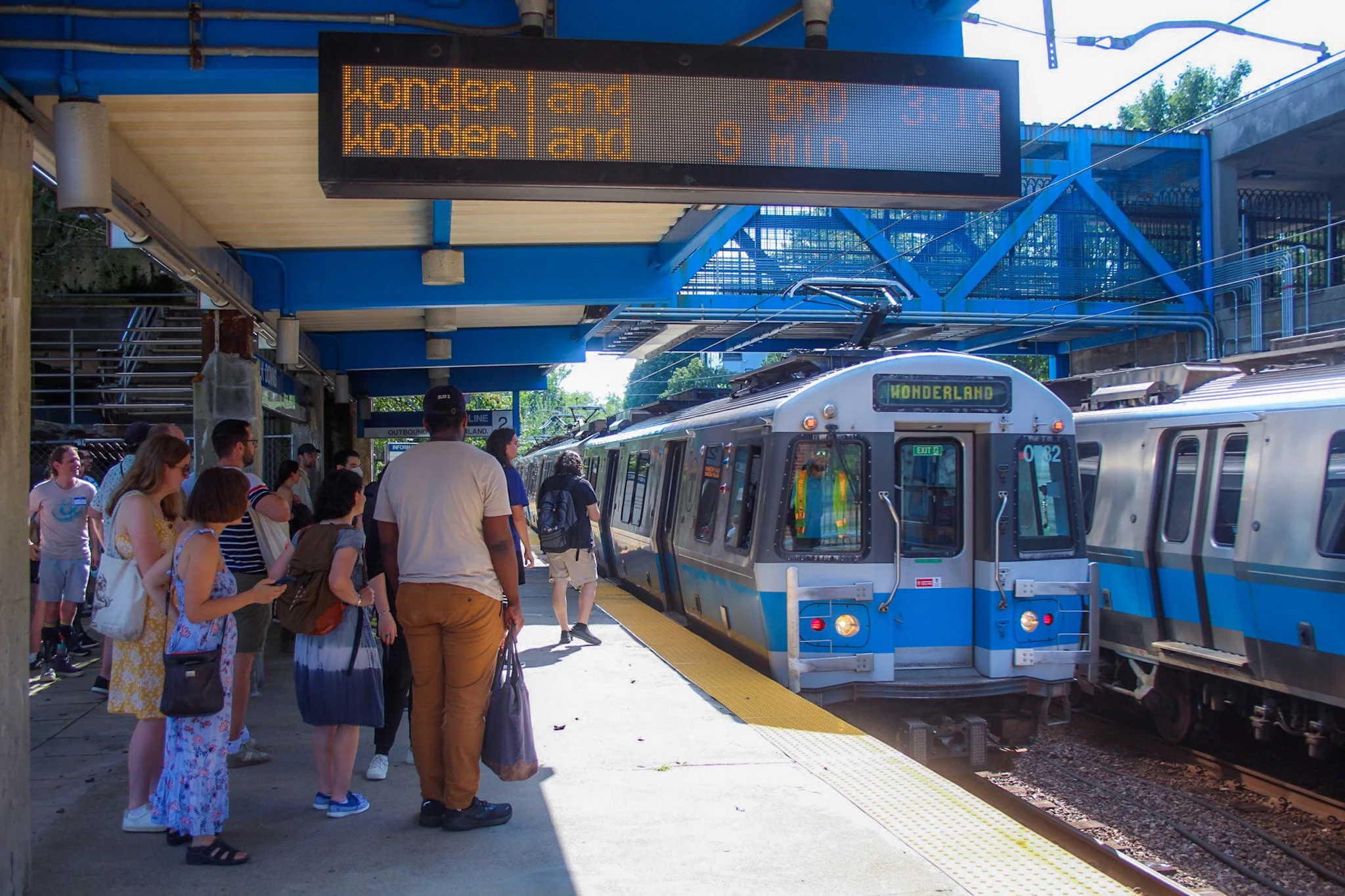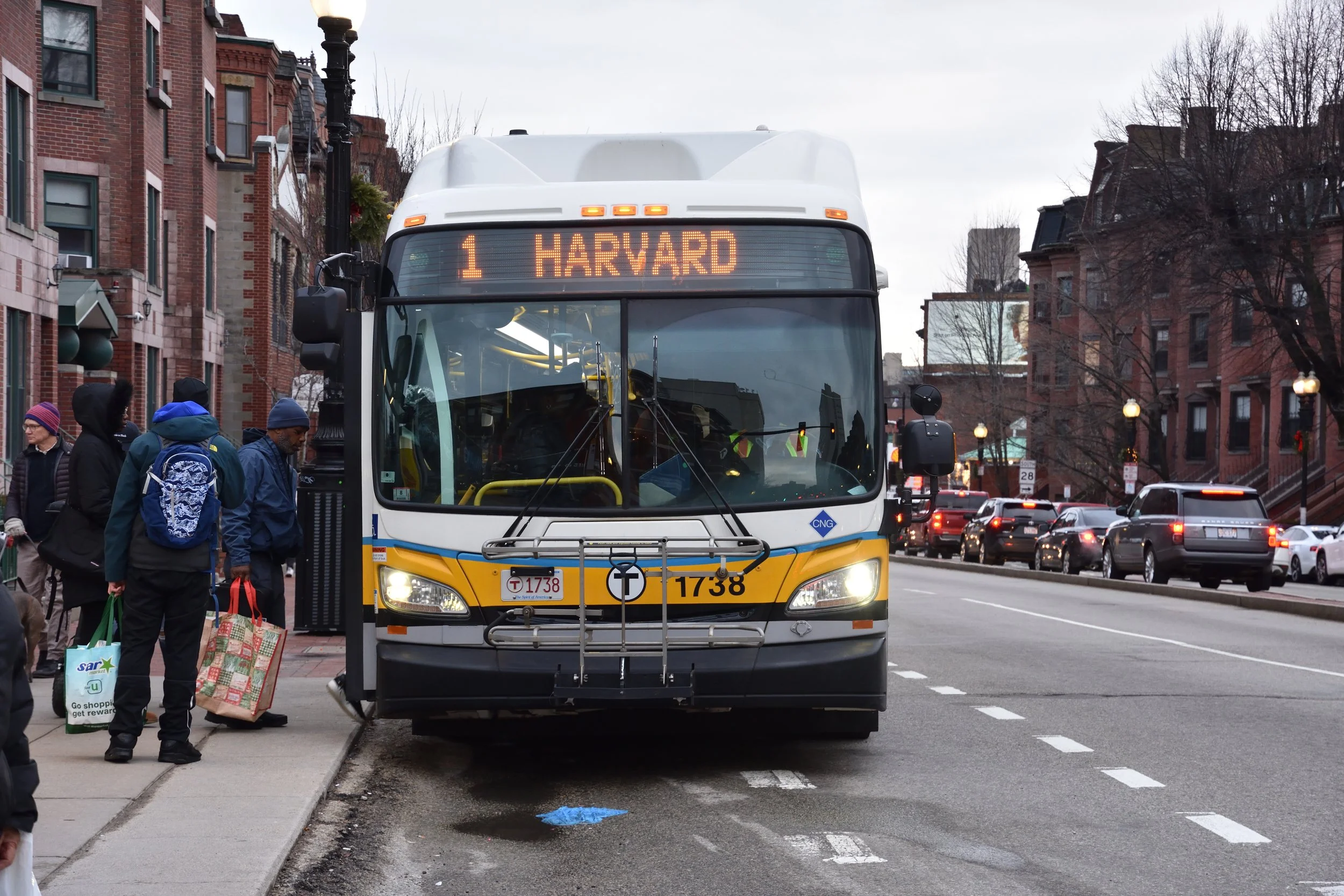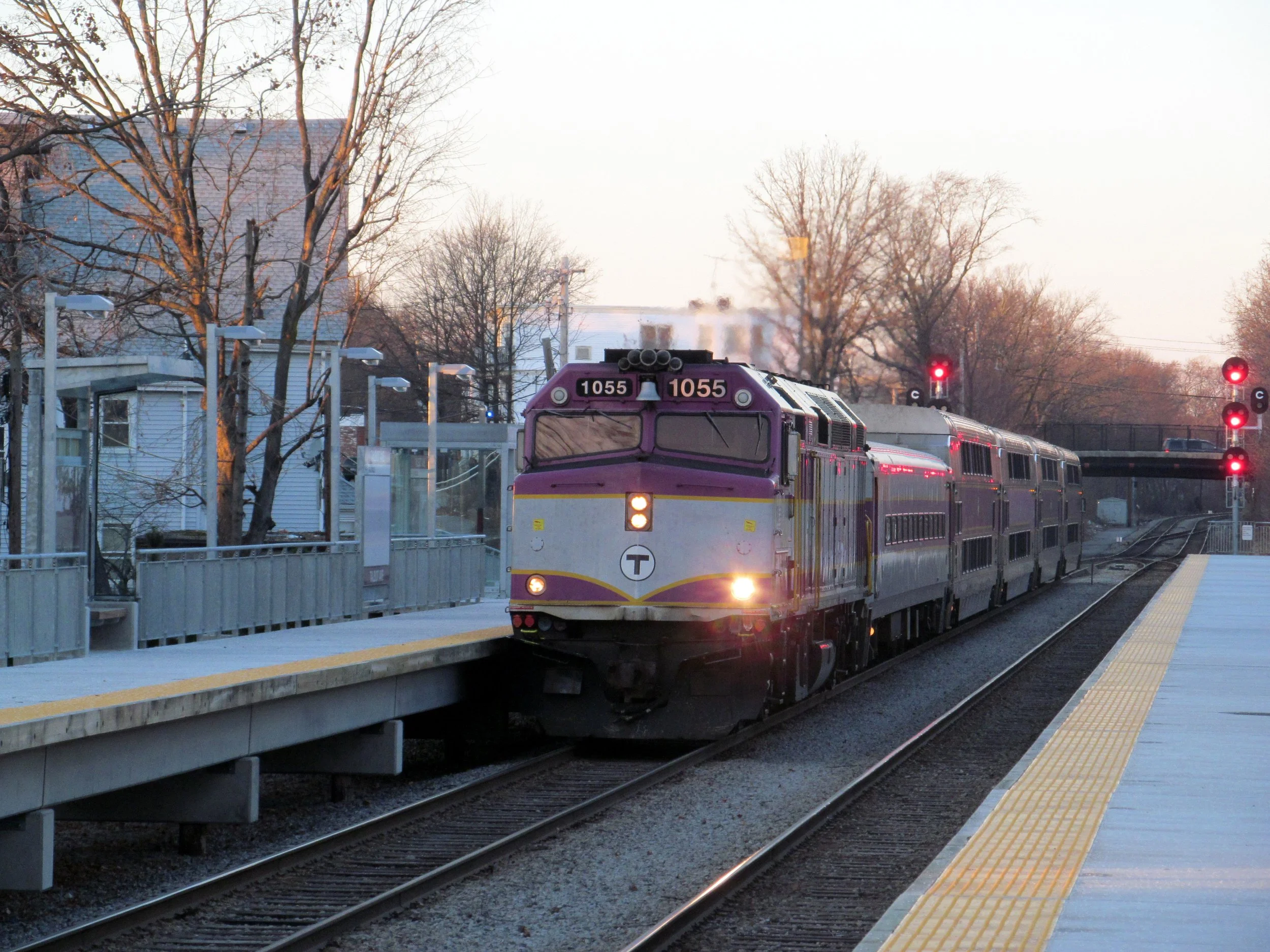BOSTON, June 17, 2022 — Today's announcement of service cuts for the Red, Orange, and Blue lines due to staffing shortages at the Operations Control Center is a painful example of how badly the MBTA has been failed by poor oversight and a lack of stable, dedicated funding. Contrary to the current narrative, the FTA’s directives are not about the age of the system. All of the identified issues are the result of a decades-long, bipartisan aversion to funding the T adequately. Billions of bond authorizations for capital projects have masked the need for more funding and stability for the T’s operating budget. The T has been in and out of a state of fiscal crisis for decades; this is not how one builds a reliable system free from safety concerns.
For years the administration’s laudable focus on increasing capital spending has come at the expense of attention to day-to-day maintenance and safety needs. Earlier this year in a misguided decision, the T shifted hundreds of millions from the operating budget. The administration and legislature need to treat the employee shortage at the MBTA like an emergency, because it is one. We call on the T to promptly convene labor and workforce development partners, along with the FTA, to develop a comprehensive plan to staff up the MBTA. The administration and legislature should work with this team to provide them with the resources to give competitive salaries and streamline hiring.
This action would not pass an FTA equity analysis if it happened in a vacuum; this should be a wake-up call to a legislature that has made equity a priority. The burdens of this action will fall disproportionately on the most vulnerable people in our workforce, who cannot work remotely and depend on the T to get to work. This action also likely would not pass any environmental test, as it will very likely suppress ridership, increase VMT, emissions, and congestion.
The irony of these cuts being announced as we await the joint House and Senate Climate bill should not be lost on anyone. The MBTA is one of the most important tools to help us reduce emissions from the transportation sector. The legislature must find a stable source of funding to address state of good repair and operating funding to ensure reliable, safe service. They should act decisively this year in the transportation bond bill and the budget.
We await hearing the T’s plan to fast track new safety and operations hires and reverse these service cuts. We also await hearing the plans of legislative leaders to address the chronic funding shortfall issues, and set aside funding for the T to use as it responds to the FTA’s directives. We call on municipal, legislative, and business leaders to help the MBTA hire the staff it needs to run a modern, safe system that responds to our economic, environmental, and equity needs.
For media inquiries, please e-mail media@transitmatters.org.
###





